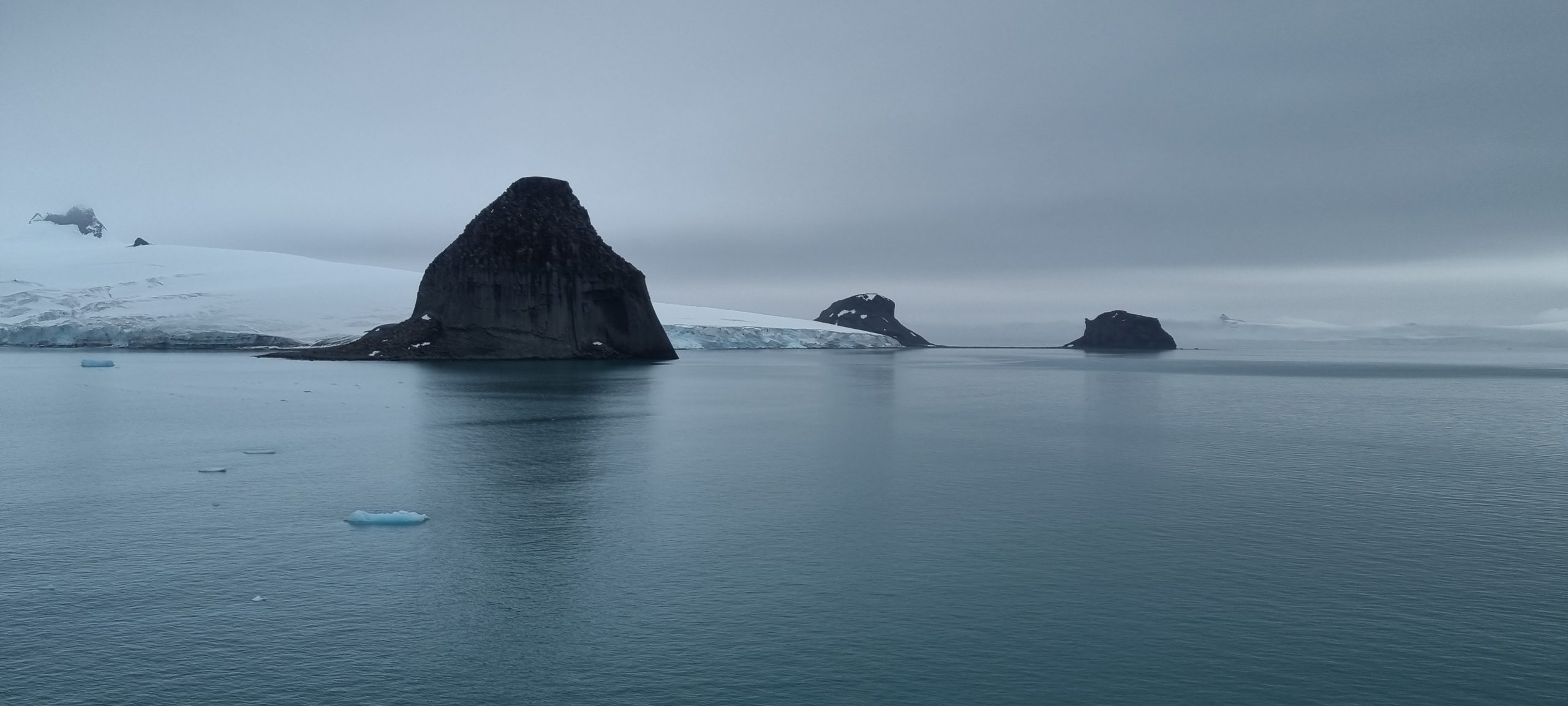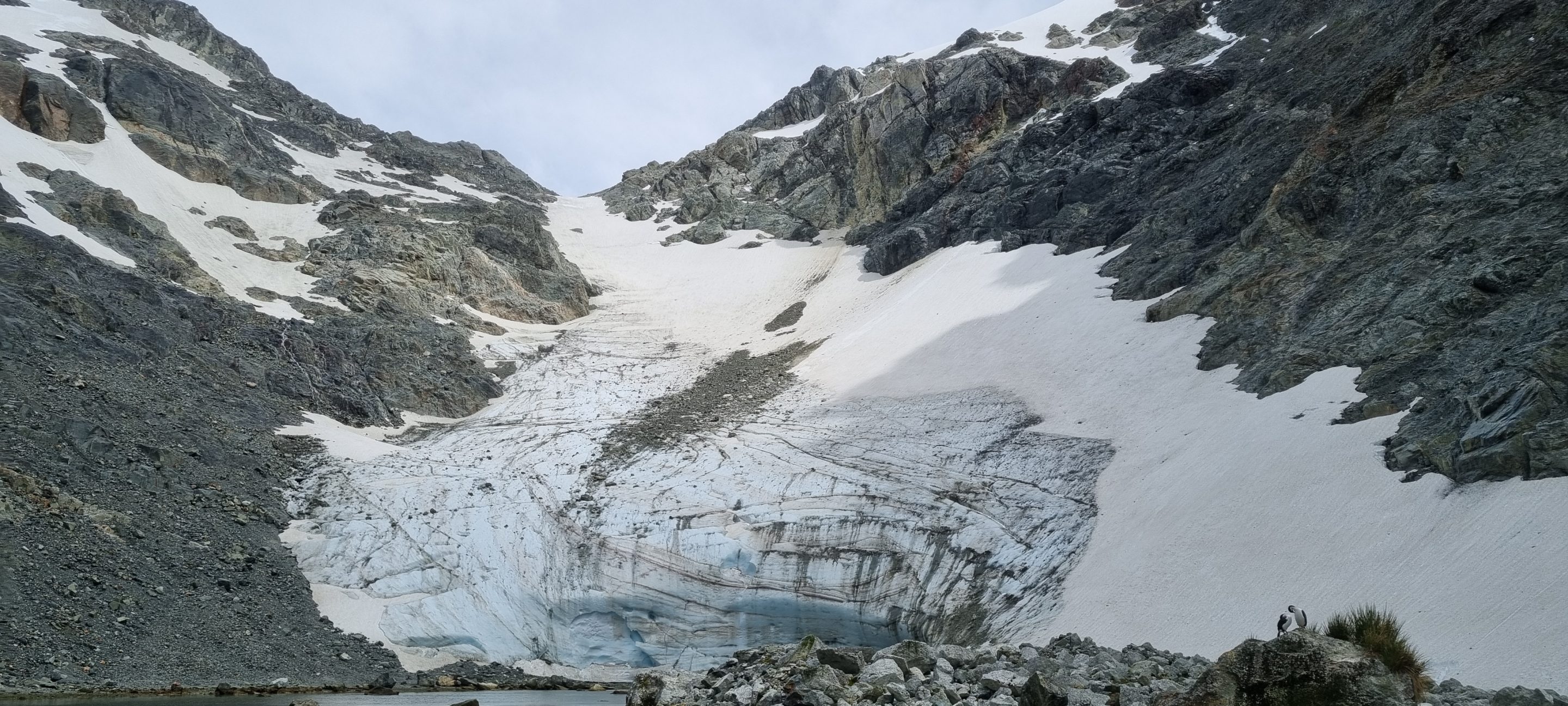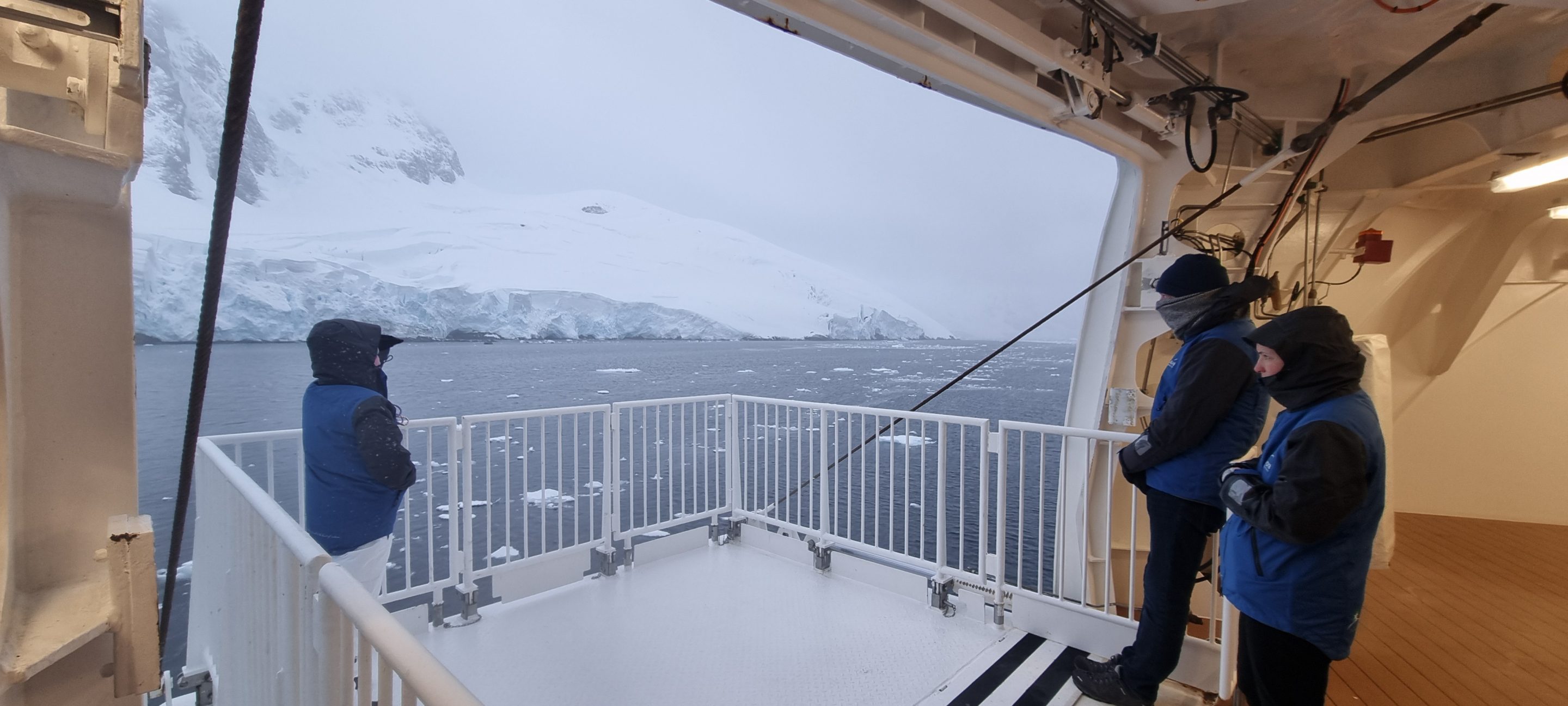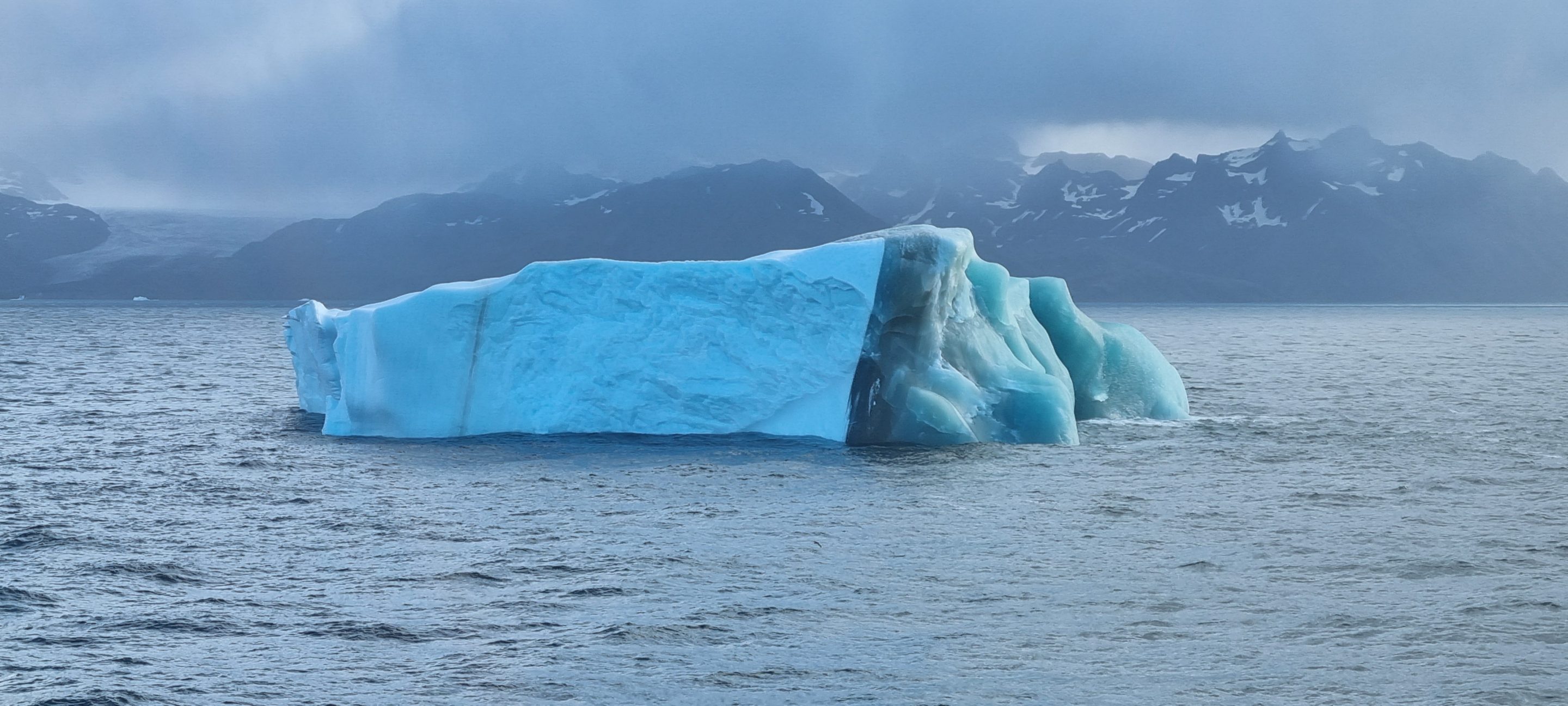Antarctic Science
Antarctica is a unique natural laboratory for scientific exploration.
Click on the links below to find out more about science in Antarctica:
Scientists from around the world converge on this remote continent to investigate a range of disciplines.
Meteorologists analyse atmospheric conditions and weather patterns to investigate the role of Antarctica in global climate systems.
Climate Change Research
Climate change research in Antarctica is critical for understanding global climate patterns and the impacts of warming temperatures on ice sheets, ecosystems, and sea levels. Scientists study various factors, including the rapid melting of glaciers and ice shelves, which contributes to rising sea levels and alters ocean currents. Research methods include satellite monitoring, ice core drilling, and field studies to gather data on temperature changes, precipitation patterns, and the health of Antarctic wildlife.
The region acts as a barometer for global climate change, with significant findings indicating that even slight increases in temperature can lead to substantial ice loss. Additionally, research addresses how changing environmental conditions affect biodiversity, including shifts in species distribution and the impact on ecosystems. Collaborative international efforts, such as those under the Antarctic Treaty System, facilitate extensive scientific research, aiming to enhance understanding of climate change effects and develop strategies for mitigation and adaptation.
Further reading
There is a lot of good information on the internet about the effects of climate change on Antarctica, and climate change in general. The British Antarctic Survey is a good place to learn more, as is information provided by NASA.
Back To Top




